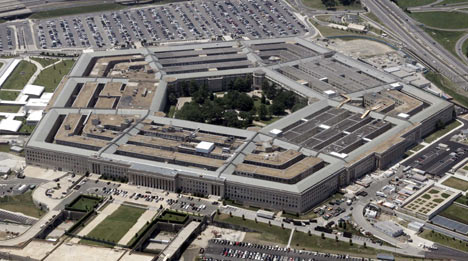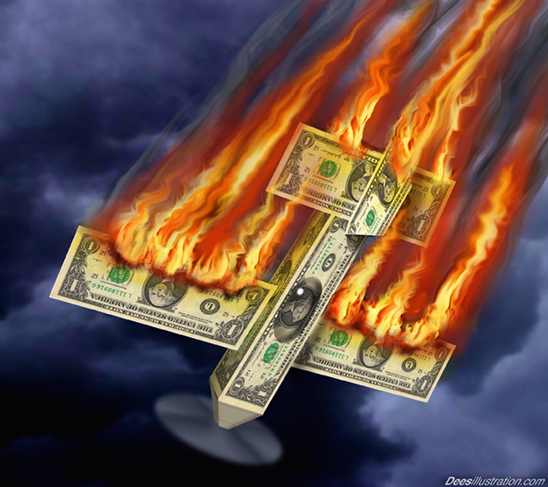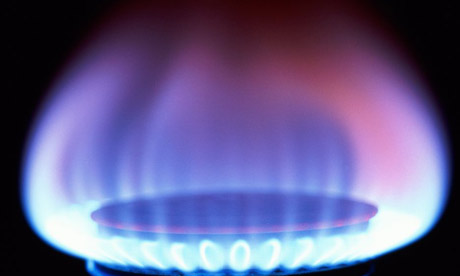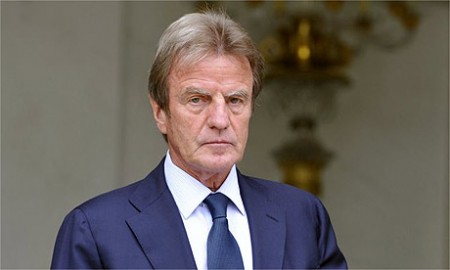
A train stranded in Shangdu, Inner Mongolia
World:
– Now that really IS the wrong type of snow on the line! Winter brings travel chaos around the world (Daily Mail)
US:
– Midwest bracing for heavy snow, wind chills of -50; South freezes too (AP)
– Colorado Becomes Country’s Cold Spot (ABC News)
– South struggles with record-setting freeze (USA Today)
Europe:
– Airport chaos as icy weather grips northern Europe (BBC News)
– Temperatures across Europe plunge to near record lows (CNN)
– Europe shivers as Britain braces for brutal winter (AFP)
With the UK being hit hard:
– Weather-related death toll rises to 22 as Britain braces for coldest night yet (Times):
The death toll from Britain’s biggest freeze for decades reached 22 today as the country prepared for its coldest night so far, bringing the promise of even more treacherous conditions.
– UK gas supply dwindles as country experiences sub-zero weather (Electric):
The UK faces the possibility of gas supply crisis as the worst cold season in 30 years hit the country.
– UK’s only got enough gas to last eight days, say Tories (Daily Mail)
– U.K. Gas Market No Laughing Matter (Wall Street Journal)
– UK’s only got enough gas to last eight days, say Tories (Daily Mail)
– Some parts of the country have just ONE day’s supply of grit left (Daily Mail)
– Panic buying at supermarkets as Britain braces itself for the big freeze (Daily Mail)
As a sidenote: Met Office chief receives 25 pc pay rise (Telegraph):
The head of the Met Office, the national weather service which has been heavily criticised for getting its forecasts wrong, is now paid more than the Prime Minister, after receiving a 25 per cent pay rise.
China:
– China freeze to continue as power use, food prices rise (AFP)
– Chinese cities not ready for harsh winter (Xinhua)
– China tells factories to cut power use amid cold (BusinessWeek)
– Central China power supply in jeopardy on coal,weather (Reuters)
Cold wave in India:
– Cold waves in northern India claim 195 lives (Indian Express)
Army rescues 1,000 drivers stranded in cars for 12 HOURS as UK is paralysed by heavy snow

Going nowhere: The A3 in Horndean, Hampshire was closed this morning after 1,000 motorists were stuck in their cars overnight and hundreds of vehicles were abandoned
Up to 1,000 stranded motorists had to be rescued by the Army today after some of the heaviest snowfalls in 20 years left drivers trapped in their cars overnight.
Among those stranded without food and water on the A3 in Hampshire was a heavily-pregnant woman and her baby daughter.
Millions of people across Britain were unable to get to work this morning as snowstorms caused massive disruptions on the roads and railways.
Thousands of schools remain closed, while major airports have been forced to ground flights as snow ploughs try desperately to clear runways of snow and ice.
More than 16 inches (40cm) of snow has fallen in the hills of north east England and the Scottish borders, while 12 inches (30.5cm) was recorded in Berkshire. Parts of the Northern Highlands recorded 18.5 inches (47cm).
The Met Office said southern England could see another six inches (15cm) this afternoon, with the ‘treacherous’ weather lasting for up to ten more days.
The Army, drafted in to save 1,000 drivers stranded on the A3, used military trucks and Land Rovers to rescue those trapped in a ten-mile jam on the trunk road at Waterlooville.
But some of the trapped motorists claimed they received no help at all and that ‘no one knew what was going on’.
Carla Holt said she and her 13-month-old daughter Lily-May were stuck for 12 hours in the freezing conditions. She said she received no support from the police overnight and was only able to leave the road when it was partially cleared at 6.30am today.
The 23-year-old said: ‘We went through hell. I am eight months pregnant, I couldn’t go to the toilet all night, I couldn’t warm the bottle up for my baby daughter. It was very frightening.
Read moreWinter Chaos Around The World


















